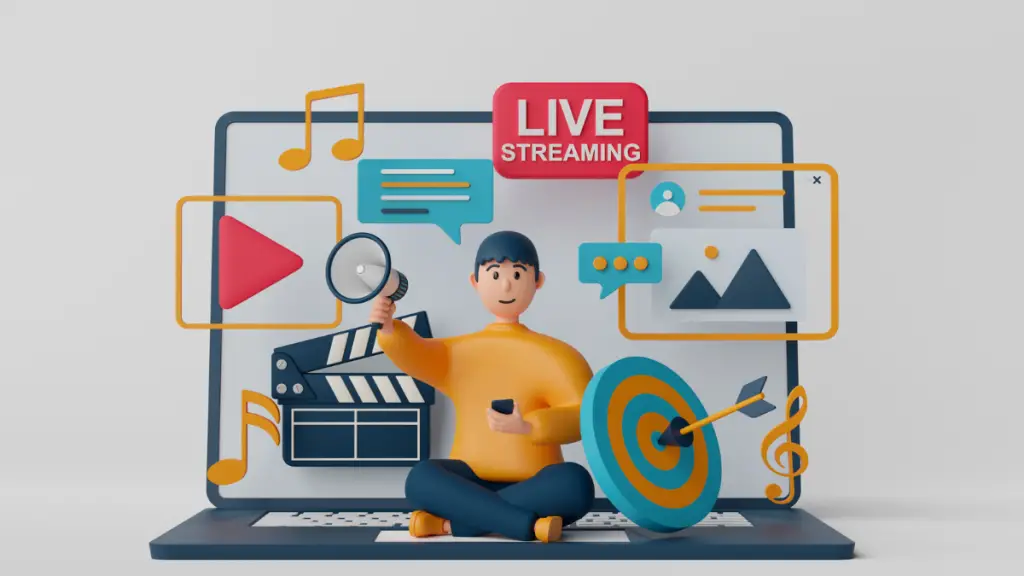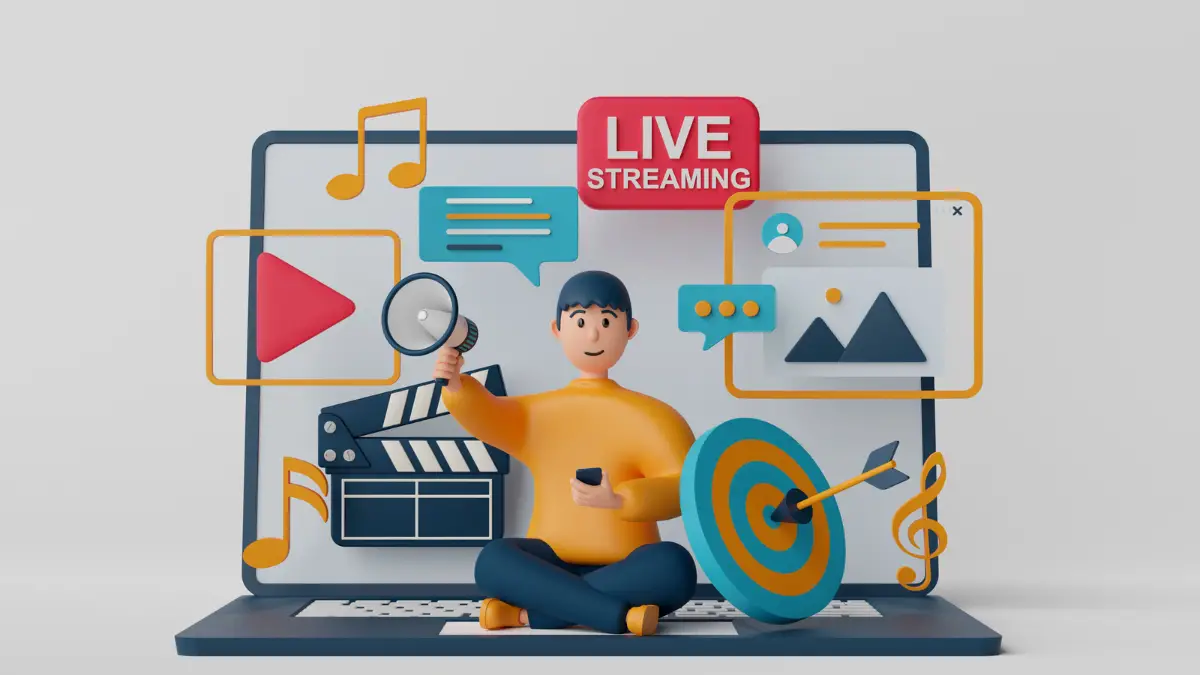In May 2023, Sim Shagaya, founder of uLesson, an online learning app for primary and secondary school students in Africa, announced that Miva University had been granted an online university license by the National Universities Commission (NUC). “Our entry into the tertiary segment comes at a time when the very definition of a university is changing and the demand for effective affordable tertiary education is as acute as ever,” the founder stated.
This announcement cemented Miva as the first fully online Nigerian university.
Nexford University, a similar online university but American, launched in Nigeria in 2019. During the 2021/2022 academic session, a period when Nigeria’s public university lecturers embarked on an eight-month-long strike action, the longest in the union’s history, Nexford graduated more than 400 Nigerian students.
Africa boasts a young and growing population, hungry for knowledge and eager to contribute to the continent’s economic and social development. However, traditional higher education systems often struggle to keep pace with this demand, limited by infrastructure constraints and a focus on legacy models.
The global pandemic of 2020 has contributed to the rise of digital technologies. Online learning platforms and digital tools promise to expand access to education, enhance learning experiences, and equip graduates with the skills needed to thrive in the digital age. But is Africa truly ready to embrace full-blown digital higher education?
The Current State of Higher Education in Africa
While Africa boasts a young and eager population thirsty for knowledge, access to higher education remains limited. Enrollment rates across the continent hover around 12%, significantly lower than the global average of 32%. This disparity highlights a major challenge: a significant portion of Africa’s youth is locked out of traditional higher education pathways.
The educational experience itself often leans heavily on traditional methods. Lectures and textbooks reign supreme, with limited use of online or blended learning approaches. This focus on a singular format can restrict student engagement and fail to cater to diverse learning styles.
Compounding these issues are limitations in infrastructure and resources. Unequal access to technology and reliable internet creates a digital divide within the student body. This is further amplified by high student-faculty ratios, particularly in Sub-Saharan Africa, where the average ratio of 50:1 far exceeds the global norm of 30:1. The scarcity of qualified instructors, especially in specialized fields, adds another layer of difficulty for universities seeking to offer a comprehensive and high-quality education.
Despite these hurdles, positive trends are emerging in Africa’s higher education landscape. The number of private universities is on the rise, occupying a staggering 47%, as compared to the 45.8% that are public, according to the uniRank database. This is partly driven by a surge in demand for higher education. These institutions may offer more flexible learning options, potentially improving accessibility for students with diverse needs.
Technology is also making a gradual but noticeable impact. Africans have since flocked to platforms like YouTube, Coursera, Udemy, edX, and Udacity, among many others, to acquire employable skills in diverse fields like content writing and marketing, cybersecurity, data science and analytics, cloud computing, and software development, among numerous others.
Likewise, Learning Management Systems (LMS) are finding their way into traditional classrooms, facilitating online course delivery and enhancing communication between students and instructors. Universities are increasingly embracing online resources and communication tools to enrich the learning experience. And while the management consulting firm, Phillips Consulting, rightly considers digital learning to be pertinent for Africa’s educational development, opportunities and challenges present themselves.
Opportunities for Digital Higher Education in Africa
In February 2023, Co-Creation Hub (CcHUB) launched a $15 million ed-tech accelerator to “know if technology can truly work for education in Africa,” according to Bosun Tijani, the CEO and current Nigerian minister of Communications, Innovation and Digital Economy.
This kind of capacity building is important for the education atmosphere in Africa. As such, the dawn of digital higher education in Africa presents a multitude of exciting opportunities.
Digital education can potentially revolutionize access to higher education in Africa, for example reaching remote students. Imagine a student living in a rural village gaining access to top-tier universities across the continent, all from the comfort of their home. Online learning platforms can bridge geographical barriers and allow students in remote locations to pursue their academic dreams.
It can also accommodate working professionals. For individuals juggling work and family commitments, traditional schedules can be a hurdle. Digital education offers flexibility, allowing working professionals to learn at their own pace and convenience. Online courses and asynchronous learning materials cater to busy schedules, making higher education a more realistic possibility.

Digital education isn’t a one-size-fits-all approach. It allows for a wider variety of learning formats, including fully online programs, blended learning that combines online and in-person elements, and even micro-credentials focused on specific skill development. This caters to diverse learning styles and preferences and ensures a more inclusive educational experience. Digital tools aren’t just about access, they have the power to enrich the learning experience itself. Digital tools like simulations, gamification, and adaptive learning can make learning more engaging and interactive.
Students can connect with peers from different countries, engage in online discussions, work together on projects, and have a collective sense of global community. Digital education isn’t just about academics, it can be a catalyst for innovation and entrepreneurship in Africa.
In today’s digital world, digital skills are essential for success. Digital education can equip graduates with the necessary skills in areas like data analysis, online marketing, and cybersecurity, preparing them for the demands of the 21st-century workforce. Digital platforms can provide not only educational resources but also a space for networking and mentorship for students.
Challenges of Digital Higher Education in Africa
According to Technext, a 2023 study conducted by Picodi Nigeria asserts that Nigeria’s internet plans are among the most expensive in the world. As a result, most African students stay up late for cheaper internet rates. This can negatively affect their sleep pattern and by extension, their academic performances. The exciting possibilities of digital education in Africa are undeniable. However, significant challenges such as this need to be addressed to ensure its successful and equitable implementation.
The unequal access to reliable internet connectivity in Africa compared with the rest of the world remains a major hurdle to a full-blown digital higher education. Large swathes of Africa, particularly in rural areas, lack the necessary infrastructure for smooth online learning. This digital divide excludes a significant portion of the population from reaping the benefits of digital education.
In 2021, the International Energy Agency reported that about 43% of Africans, or 600 million people, lacked access to electricity with 590 million of them in sub‐Saharan Africa. In many African countries, consistent and reliable power supply is a luxury. This lack of basic infrastructure can disrupt online learning and limit access to technological resources like computers and tablets, further hindering educational progress.
Digital education requires sophisticated gadgets like laptop computers, tablets, or smartphones. An African country like Nigeria once pronounced the poverty capital of the world, may contain a large percentage of citizens who are unable to afford these devices and gadgets. This is another challenge to digital education in Africa.
So while digital education promises exciting opportunities, the cost of accessing digital learning technologies like computers, tablets, and reliable internet can be a significant barrier for many students. Without proper financial aid programs or affordable technology solutions, digital education risks exacerbating existing social and economic inequalities.
Also, for a smooth transition to digital education, both students and faculty need to possess a certain level of digital literacy. A skills gap in areas like online learning platforms and effective use of technology, common among Africans, can create challenges for both learners and educators.
The Way Forward
The potential of digital higher education in Africa is vast, but its success hinges on overcoming the identified challenges. Here are some key strategies to ensure a smooth and inclusive transition:
Infrastructure Development and Investment
- Governments across Africa need to prioritize initiatives that expand internet access, particularly in underserved rural areas. This could involve investing in infrastructure development, promoting public-private partnerships, and exploring alternative technologies like satellite internet, for example, Starlink.
- Collaboration between governments, telecommunication companies and educational institutions is crucial. Public-private partnerships can leverage resources and expertise to accelerate the rollout of affordable and reliable internet connectivity across the continent.
- Inconsistent power supply is a major obstacle to digital learning. Investment in renewable energy sources like solar power can provide a reliable and sustainable solution, ensuring uninterrupted access to online learning platforms and resources.
Building Capacity and Quality Assurance
- The success of digital education hinges on educators who are adept at online teaching methods and technology integration. Investing in faculty development programs on online pedagogy, instructional design and effective use of technology is crucial.
- Maintaining academic quality is also paramount. Establishing robust accreditation standards specifically designed for online programs ensures that they meet rigorous academic benchmarks and offer a valuable learning experience.
- Regular monitoring and evaluation processes are essential to ensure that online programs are delivering on their promises. Developing quality control mechanisms that assess student learning outcomes, faculty effectiveness and program design will maintain the credibility of digital education.
Promoting Inclusivity and Affordability
- High-quality educational materials shouldn’t be a barrier. Encouraging the development and adoption of Open Educational Resources (OERs) can significantly reduce the cost of digital learning, making it more accessible for students from all backgrounds.
- Scholarship and financial aid programs specifically targeted towards digital learners can help bridge the affordability gap. This could involve initiatives from governments, philanthropic organizations, and universities themselves to ensure financial constraints don’t hinder access to digital education.
- Not all students arrive with the same level of digital literacy. Implementing digital literacy training programs can equip students with the necessary skills to navigate online learning platforms, access resources effectively and participate actively in online learning communities.
Final Thought
Africa’s higher education is a complex picture and the demand for skills-based programs often offer promising pathways towards securing a career of the future. The path forward requires a multi-pronged approach. Governments, educational institutions and the private sector must work together to bridge the digital divide, invest in capacity building and promote affordability. By prioritizing these strategies, Africa can harness the power of digital education to unlock a brighter future for its students and its workforce.
The journey towards a vibrant digital learning ecosystem in Africa won’t be easy, but the potential rewards are immense which would enable Africa to write a new chapter in its educational story, one where knowledge is accessible to all, and the power of digital learning empowers a generation to thrive.
So, is Africa ready for full-blown digital higher education? Well, the rapid and continuous growth of digital technologies presents a crossroads, and Africa needs to catch up fast.






